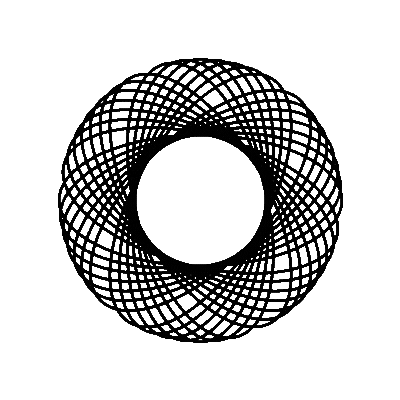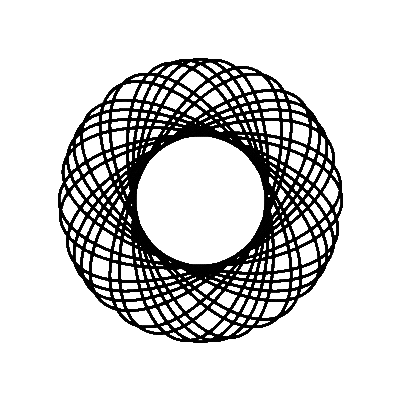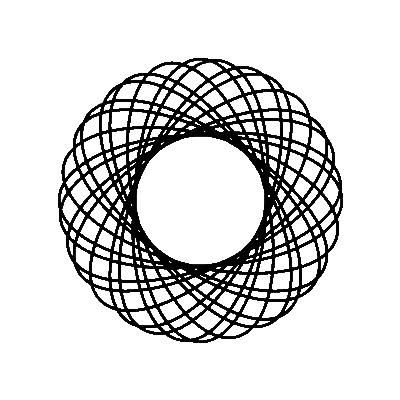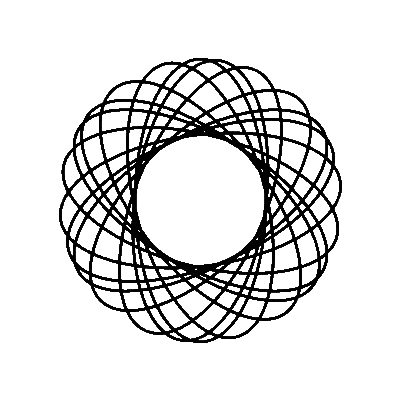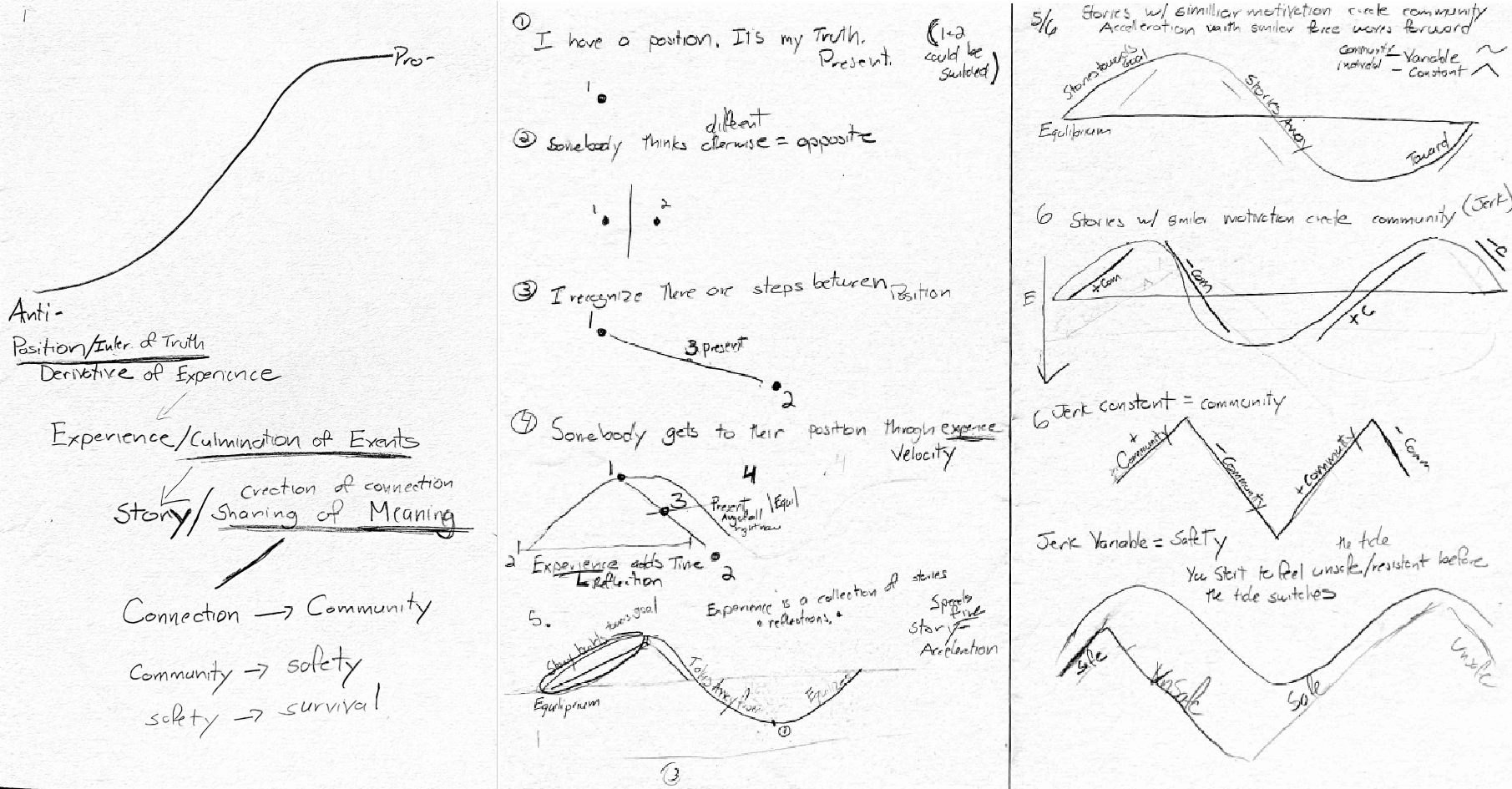
Introduction To
Paradigmetry
Paradigmetry
Paradigmetry is the branch of analysis and action focused on individual perspectives within groups of people, involving the study of influences, fundamental motivators, instinct, and stories throughout space and time.
Paradigmetry matters because analyzing and graphing factors that lead to a particular perspective enables the identification of contributing forces, functions, and variables. Once identified, each factor becomes an injection point for shaping future perspectives.
Like other studies, Paradigmetry matters, but it’s not interesting to everyone. The key take away: Your perspectives and actions count.
If an alternative paradigm speaks to you, see how you can work it into your day-to-day and leave it at that.
(…or maybe buy some shit.)
On the other hand, if Paradigmetry furrows your eyebrows, let’s go!
Paradigms
When it comes to understanding our experiences and perspectives, a lot can be taken for granted. What often feels like boundaries on our possibilities are human-defined models that have developed through years and years of past events and decisions.
Example Paradigms:
Appropriate Social Behaviors
Governments
Religions & Religious Beliefs
Work/Life Balances
Acceptable Punishments
Success Measures
Rights
|
I
I
I
I
I
I
I
I
I
I
I
I
I
I
I
I
I
I
I
I
I
I
|
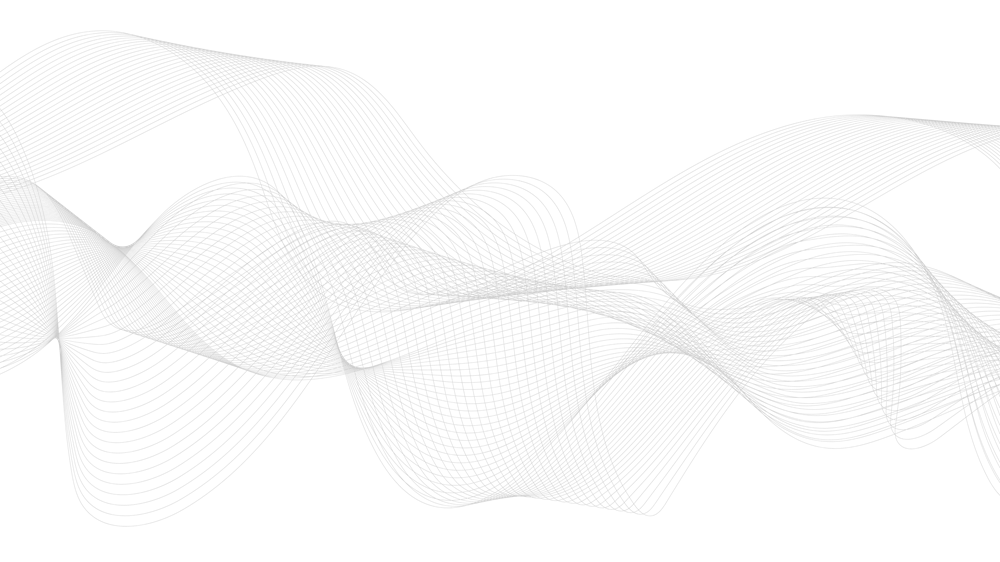
Paradigmetry
the analysis of forces impacting social persectives and frameworks

Paradigmulus
the application of Stochastics and Calculus on social perspectives over time

Paradigming
the act of analyzing, planning, and molding paradigms

Paradigmist
one who participates in the analysis, planning, and molding of paradigms
More To Come…
Over the coming weeks and months, expect to see much more information about how Pardigmetry comes together and why it matters. In the mean time, some things to consider:
Paradigms
In science and philosophy, a paradigm is a distinct set of concepts or thought patterns, including theories, research methods, postulates, and standards for what constitute legitimate contributions to a field. The word paradigm is Greek in origin, meaning "pattern.
Stochastics
Stochastic refers to the property of being well-described by a random probability distribution. Although stochasticity and randomness are distinct in that the former refers to a modeling approach and the latter refers to phenomena themselves, these two terms are often used synonymously. Furthermore, in probability theory, the formal concept of a stochastic process is also referred to as a random process.
Differential Calculus
The objects of study in Differential Calculus are the derivative of a function, related notions such as the differential, and their applications. The derivative of a function at a chosen input value describes the rate of change of the function near that input value. The process of finding a derivative is differentiation.
Derivative Orders
Calculus
Position
Velocity
Acceleration
Jerk
Snap
Crackle
Pop
f(x)
1
2
3
4
5
6
f(x)
1
2
3
4
5
6
Paradigmulus
Perception
Experience
Story
Community
Safety
Disposition
Instinct
Snap, Crackle, Pop…
For real?
In physics, the terms snap, crackle and pop are sometimes used to describe the fourth, fifth and sixth time derivatives of position respectively. The first derivative of position with respect to time is velocity, the second is acceleration, and the third is jerk.

Paradigmetry’s Founding Principles



